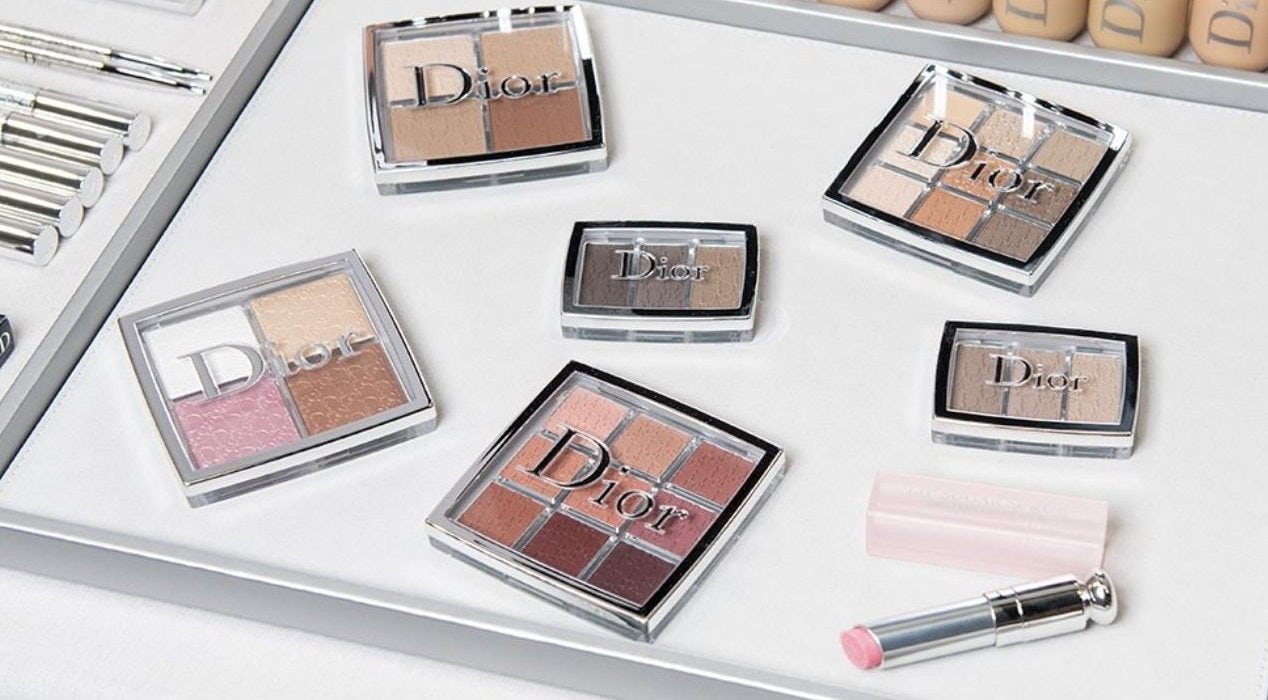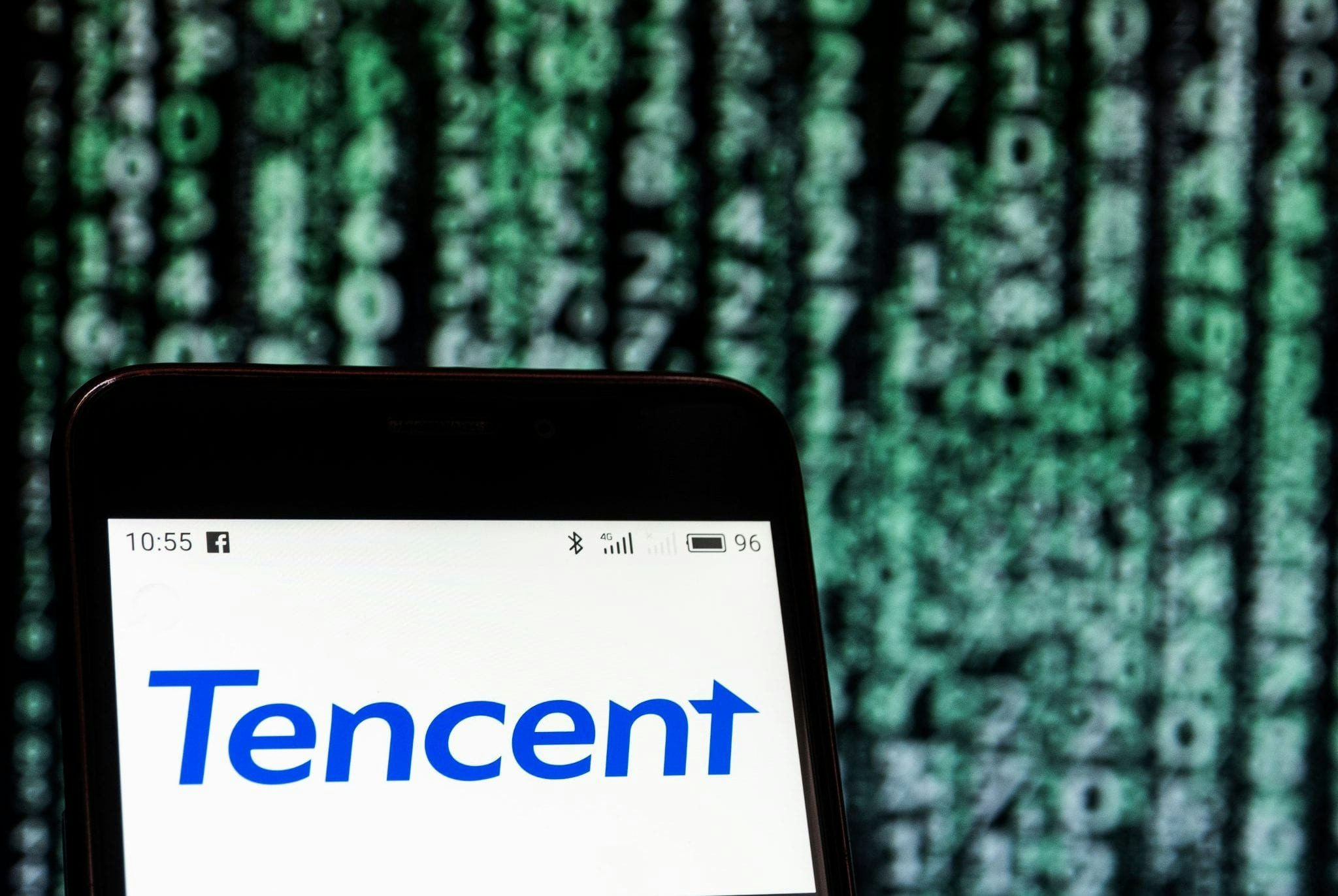Calling Tencent Holdings a “video game giant” in China could soon be a thing of the past. The internet company has embarked on a transformation and diversification of its business model following the government’s crackdown on the video gaming sector last year. Since then, Tencent’s reliance on luxury brands to drive growth has reached a new level—as has the stiff competition it will face to dominate that sector.
Deep-diving into luxury retailing#
In the third-quarter earnings posted by Tencent earlier this month, there were clear signs the company is heading toward becoming an online advertising powerhouse. Its revenues derived from its “social and others advertising” business, which specifically refers to ads placed on its social messaging platform WeChat (Moments and mini-programs), grew a staggering 61 percent from the previous year. Overall, revenues of its online advertising business jumped 47 percent to 2.34 billion (RMB 16.25 billion).
Luxury brands account for a significant portion of this advertising growth. Though no specific revenue figures were released, nearly 90 percent of companies placing ads on WeChat over the past year marked their business as “luxury,” Tencent told Jing Daily.
Tencent is not alone betting on the Chinese luxury appetite. Its major rival Alibaba Group has also ramped up its efforts to lure brands to sell on their platform, including setting up an exclusive online platform Luxury Pavilion. Alibaba's platform has hosted a list of high-profile players like Loewe, Valentino, and Tiffany.
But Tencent has the WeChat edge. These days, any luxury brand with an operation in China owns an official account (either subscription or service, or sometimes both) on WeChat. Players with big ad budgets such as Christian Dior, Tiffany, Cartier, Gucci, and Louis Vuitton often utilize Moments Ads, mini-programs and WeChat Pay at key Chinese holiday periods to provide a complete online retailing experience for shoppers.
Some luxury brands are also among early supporters to WeChat’s new features. The French label Christian Dior, for instance, was the first luxury brand to sell on WeChat back in 2016 -- a practice now widely adopted by the luxury industry. Recently, Dior again became the first one to sell via WeChat mini-program livestreaming, an area that the company plans to nurture and monetize.
Extending abroad#
Tencent, spending to gain market share, has increasingly extended its ad service to luxury brands that hope to capture affluent Chinese travelers. In the United States, for example, it set up a subsidiary group called Tencent's International Business Group last year.
American affordable luxury label Michael Kors is a key client. Before the Golden Week peak travel period in October this year, it collaborated with the group to come up with an online advertising plan, which led to a 935 percent higher return on ad spend than industry average and a 330 percent higher engagement rate than the industry standard, according to Tencent.
"[Our service] includes helping brands better engage with the Chinese travelers by leveraging our unique solution set, which targets the consumer throughout the entire decision journey,” said Poshu Yeung, Vice President of Tencent’s International Business Group.
Other luxury clients now include Yves Saint Laurent, Dolce & Gabbana, Mulberry, and Coach.
Moving forward#
Tencent’s move into the online advertising business coincides with the expansive development of China’s luxury industry from 2015 to now. Nonetheless, whether its development can maintain the current momentum remains to be seen.
In a research note published on November 14, Morgan Stanley projected Tencent’s online advertising revenue could account for 20 percent of total revenue in 2020 and maintain an upbeat 39 percent per annum growth rate between 2017 and 2020. In 2014, only 11 percent of Tencent’s total revenue came from advertising.
The same report warned, however, that a “macro slowdown in China that affects advertising budgets” could hurt Tencent’s online advertising growth.


